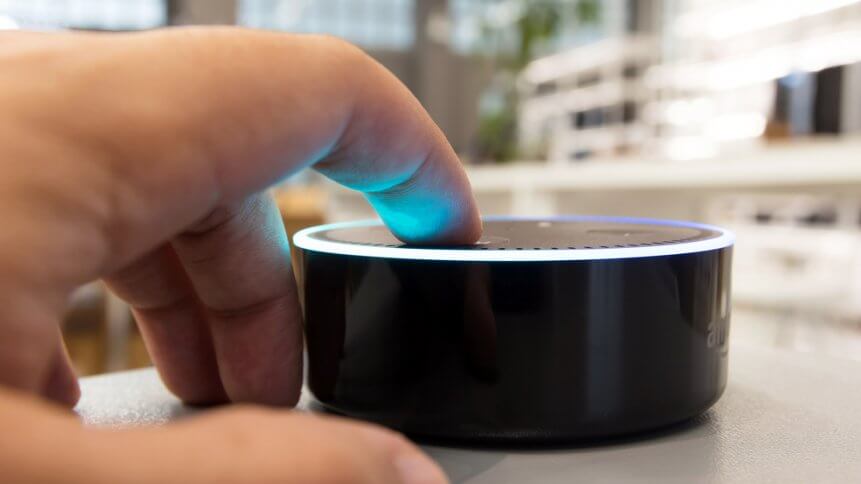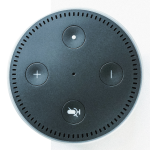Salesforce brings ‘power of voice’ to CRM with Einstein

With its annual and infamous Dreamforce conference in full-swing, CRM giant Salesforce has announced the next steps in its quest to bring “the power of voice” to its software.
READ NEXT

Why is buying cloud so cloudy?
Launching an update to its Einstein Voice Assistant, which it launched last year, Salesforce said millions of users of its CRM would be able to “talk” to Salesforce wherever they area, while Alexa-like Skills will enable developers to build custom apps for employees across every role and industry “in just a matter of clicks.”
In addition to being able to input information by voice into Salesforce from anywhere, on the go, the tool will also apply Natural Language Processing (NLP) to sales and service teams’ voice conversations, which it says will be able to deliver insights that drive more personalized customer engagement.
While voice assistants have seen high adoption on the consumer-side (nearly half of US households are already using one), uptake within businesses hasn’t been as forthcoming so far, but that could just be a matter of finding the right use cases.
Amazon launched Alexa for Business last year to help companies “get more done”, allowing employees to book meeting rooms, connect to meetings from their in-home Alexa and access corporate data.
Earlier this year, it made the product more customizable, opening up a library for blueprints for business developers to create their own apps without code. In September, meanwhile, Oracle added AI voice commands to its Digital Assistant, providing a new way for users to interact with its interface for its portfolio of enterprise software applications.
Businesses are slowly and surely making in-roads into the technology at enterprise-level, but making these flexible to each individual business— providing new value— seems to be the goal for wider adoption.
“Voice is a huge shift for the industry and will be as impactful in businesses as it’s been in our homes,” said Bret Taylor, President, and Chief Product Officer, Salesforce. “With Einstein, Salesforce is bringing the power of voice to every business, giving everyone an intelligent, trusted guide at work.”
Using Einstein Voice Skills, the company said its users would be able to create voice-powered apps that “reimagine” workflows and processes— potentially replacing any manual data entry or navigation that may impede productivity.
Developers will be able to build skills for any action, the company said, such as updating a field, creating a task or reading out a prediction, and select the fields or objects that inform each action.
“For example, an admin or developer can build a custom voice-powered assistant for a field technician that enables her to verbally and instantly check on a service history while en route to her next customer, Acme, just by saying ‘Hey Einstein, what is Acme’s recent service history?’,” said Salesforce in a press release.
YOU MIGHT LIKE

Alexa: Should my office use your voice assistant?
“Meanwhile, admins can also build and deploy a separate, custom voice app for service managers that has a seat at the table for weekly leadership meetings, offering insight on open service cases in top regions, guidance on the team’s overall CSAT performance and more.”
By integrating with voice transcription services, NLP can work through conversations as they’re still in progress, providing insights and trends that will help agents optimize and personalize their customer engagement— including AI-powered recommended responses, knowledge articles, and next best actions.
The technology can also identify keywords in sales call transcripts, alerting managers to trends like a spike in competitor mentions, or best practices on topics like objection handling or pricing discussions.
Those insights can then be used to provide sales reps with personalized coaching on how to improve the customer buying experience.
Earlier this year, Salesforce joined the Voice Interoperability Initiative with Amazon and other leading tech companies, which means users would be able to use multiple devices— although Google, Apple, and Samsung are not participating in the program.








